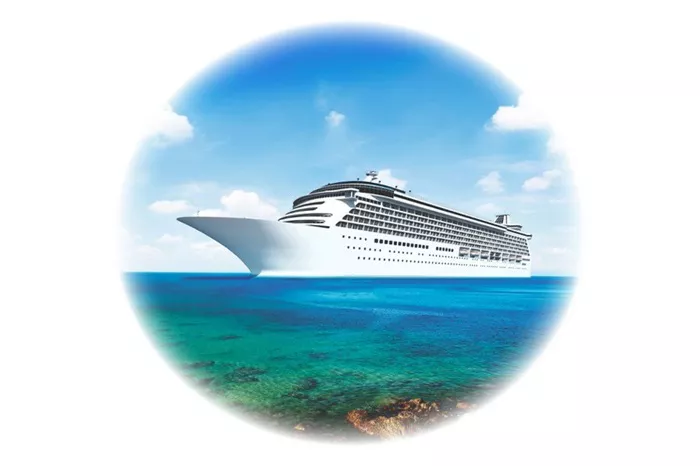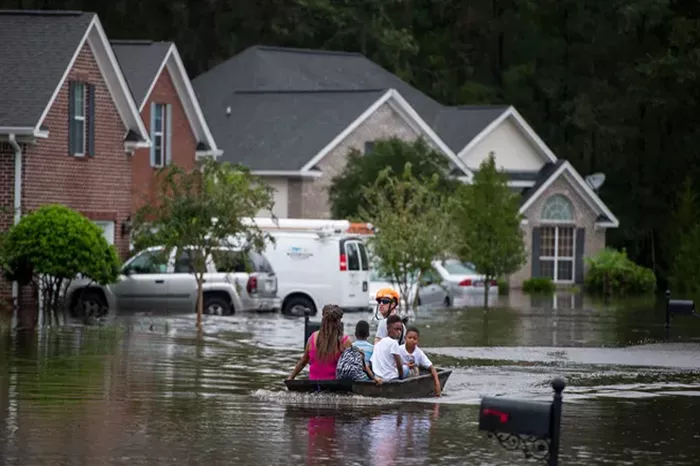1. Introduction
Planning a holiday is an exciting experience, but it comes with its own set of responsibilities, including securing insurance. Understanding when and how to purchase travel insurance is crucial for ensuring peace of mind during your trip. This article will explore the timing, options, and best practices for obtaining travel insurance before your holiday.
2. The Importance of Travel Insurance
2.1. What is Travel Insurance?
Travel insurance is designed to cover unforeseen events that may occur before or during your trip. This includes trip cancellations, medical emergencies, lost luggage, and other unexpected situations.
2.2. Why You Need Travel Insurance
Financial Protection: Travel insurance protects you from significant financial losses due to cancellations or emergencies.
Peace of Mind: Knowing you’re covered allows you to enjoy your holiday without worry.
Access to Emergency Services: Many policies offer 24/7 support for emergencies abroad.
3. Key Components of Travel Insurance
3.1. Types of Coverage
Travel insurance typically includes various types of coverage:
Trip Cancellation Insurance: Covers costs if you need to cancel your trip for a valid reason.
Medical Coverage: Provides financial assistance for medical emergencies while traveling.
Baggage Insurance: Covers lost or delayed luggage.
Travel Interruption Insurance: Covers expenses if your trip is cut short.
3.2. Understanding Policy Details
Exclusions: Be aware of what is not covered by your policy.
Limitations: Some policies have caps on coverage amounts.
Deductibles: Understand how much you will need to pay out of pocket before coverage kicks in.
See also: Can I Get Holiday Insurance? Your Ultimate Guide to Travel
4. When to Purchase Travel Insurance
4.1. General Guidelines
While it can be tempting to buy insurance at the last minute, it’s generally recommended to purchase it as soon as you book your trip. This ensures you’re covered for any potential cancellations or changes.
4.2. Best Time Frames
Immediately After Booking: Protects against cancellation risks right away.
At Least 14 Days Before Departure: Many policies require you to purchase coverage at least 14 days before your trip to qualify for certain benefits, like pre-existing conditions.
4.3. Last-Minute Coverage Options
If you miss the recommended timeframe, some insurers offer last-minute coverage. However, the options may be limited, and benefits may differ.
5. Factors Influencing Timing
5.1. Destination Risks
Some destinations may have higher risks for cancellations or medical emergencies, prompting earlier insurance purchases.
5.2. Type of Trip
Different types of trips (e.g., adventure travel vs. relaxing beach holidays) may require different coverage types and timings.
5.3. Personal Health
Consider your health and any existing conditions that might impact your travel plans. Purchasing insurance sooner can offer better coverage for pre-existing conditions.
6. How to Choose the Right Travel Insurance
6.1. Assess Your Needs
Evaluate your personal needs and the specific requirements of your trip. Consider factors such as destination, activities planned, and personal health.
6.2. Compare Policies
Use online comparison tools to evaluate different policies. Look at coverage amounts, exclusions, and customer reviews to find the best fit.
6.3. Read the Fine Print
Thoroughly read policy documents to understand the terms and conditions. Pay attention to exclusions and limitations that might affect your coverage.
7. Common Misconceptions About Travel Insurance Timing
7.1. It’s Fine to Wait Until the Last Minute
Many travelers believe they can purchase insurance at any time, but waiting can result in higher risks and limited coverage options.
7.2. All Policies are the Same
Not all travel insurance policies offer the same benefits or coverage limits. It’s essential to compare and choose based on your specific needs.
7.3. I Don’t Need Insurance If I’m Healthy
Health issues can arise unexpectedly. Having insurance protects you from potential medical emergencies, regardless of your current health status.
8. Real-Life Examples
8.1. Case Study: Booking Early
Discuss a scenario where a traveler secured insurance immediately after booking, allowing them to receive full benefits.
8.2. Case Study: Last-Minute Purchase
Examine a case where a traveler waited until the last minute, resulting in limited coverage options and higher costs.
8.3. Case Study: Understanding Risks
Present a case of a traveler who purchased insurance based on destination risks, leading to a positive outcome during an emergency.
9. Conclusion
Securing travel insurance is a vital step in holiday planning. Understanding when to purchase, the factors influencing your decision, and the importance of comparing options can help ensure a smooth and worry-free travel experience. By being proactive, you can enjoy your trip with the peace of mind that comes from knowing you’re covered.
This outline servesas a comprehensive guide on travel insurance timing, covering key aspects and real-life scenarios. If you need any adjustments or specific sections elaborated on, let me know!




















